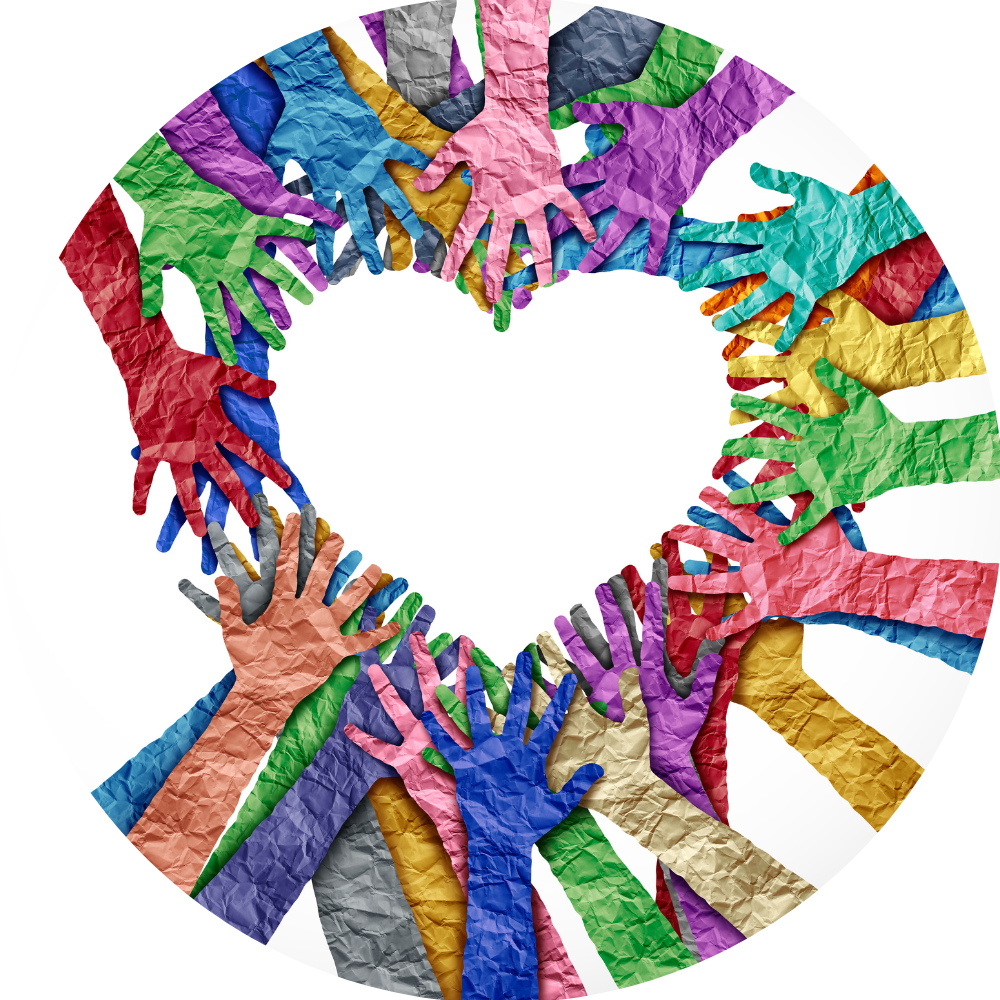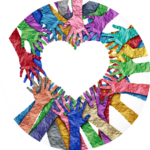Substance Use Disorder (SUD)
When things change inside of you, they change all around you.

Substance Use Disorder (SUD) is a complex mental condition where a person is unable to control their substance use despite harmful consequences. Also important to note is that it does not matter how much or even how often a substance is used. Once the results of substance use become adverse, yet a person keeps using the substance, it is highly likely that they are suffering from SUD. People with substance use and behavioral addictions may be aware of their problem yet are still not able to stop even if they want and try to. The great news is that recovery is possible and happening every day!
10 classes of substance use disorder
People can develop a disorder or addiction to a variety of substances. According to the Diagnostic and Statistical Manual of Mental Disorders, fifth edition (DSM-5), substance-related disorders are categorized into 10 classes based on use of the following substances:
- alcohol
- caffeine
- cannabis
- hallucinogens
- inhalants
- opioids
- sedatives
- hypnotics and anxiolytics
- stimulants
- tobacco
- other (or unknown) substances.
Additionally, the use of other substances or the enactment of particular behaviors can also form the basis of a substance use disorder, such as gambling (gambling disorder). Read more about the substance use disorders diagnostic criteria and substance induced disorder criteria HERE.
The Effects of SUD
Various substances of abuse produce different symptoms and effects among users. It is critically important that individuals be matched appropriately with the treatment program or modality that is most likely to attack the appropriate problems, resulting in meeting the Client’s particular needs. The most successful treatment is individualized.
As noted above, the effects of SUD are different, depending on the substance, and also can affect each person differently. If you or someone you love are experiencing the common effects described below, and if you can relate, then you, too, may recover with comprehensive treatment and recovery.
- Brain function – repeated substance use can cause changes in how the brain functions. These changes can last long after the immediate intoxication (the intense pleasure and calm caused by the substance) wears off. Changes in the brain’s structure and function are what cause people to have intense cravings, changes in personality, abnormal movements, and other behaviors. Brain imaging studies show changes in areas of the brain that relate to judgment, decision making, learning, memory, and behavioral control.
- Tolerance – with continued use of a substance, tolerance can develop, where a person may require larger amounts in order to feel the same effects.
- Withdrawal – those with substance use disorder can experience withdrawal and intense cravings to return to substance use. Withdrawal can be described as feeling physical, mental, and emotional effects as the substance begins to leave one’s system.
- Interpersonal affects – substance use disorder can lead to problems with family, social circles, or even work relationships.
- Co-occurring disorders – many people experience substance use disorder simultaneously with another psychiatric or mental health disorder. It is possible that the use of a substance may either trigger or worsen a co-occurring disorder.
Substance use disorder symptoms
Substance Use Disorder symptoms can range from moderate to severe, with addiction being the most severe form of SUD. The National Institute of Mental Health describes substance use disorder as “…a treatable mental disorder that affects a person’s brain and behavior, leading to their inability to control their use of substances like legal or illegal drugs, alcohol, or medications.” Those with substance use disorder have an intense focus on using certain substances to the point where their ability to function in their everyday lives becomes impaired.
The main symptoms that characterize substance use disorder are grouped into the following four main categories:
- Impaired control: the experience of a craving or strong urge to use the substance; desire or failed attempts to cut down or control substance use.
- Social problems: substance use causes failure to complete major tasks at work, school or home; social, work, or leisure activities may be cut back or given up entirely.
- Dangerous use: substance is used in unsafe settings; continued use despite known problems.
- Drug effects: experiencing withdrawal symptoms and tolerance build up.
Substance Use Disorder Treatment
There is no magic recipe for effective substance use disorder treatment. Different people respond to various approaches in diverse ways. Whether in a hospital setting, residential treatment, or intensive outpatient treatment, optimal approaches to substance use disorder treatment should address an individual’s specific situation along with any co-occurring medical, psychiatric, and social problems for long term recovery.
Because substance abuse can affect many aspects of a person’s life, multiple types of treatment are often required. For example, medical professionals may prescribe medications to control cravings, relieve symptoms of withdrawal, and to prevent relapses. Psychotherapy can help individuals with substance use disorder to better understand their behavior, establish motivations, develop higher self-esteem, cope with stress, and address underlying psychiatric problems.
SUD treatment plans are implemented in most recovery settings. Treatment plans are most effective when individualized and uniquely created to meet each person’s specific needs. These treatment and recovery plans may include:
- Hospitalization or outpatient guidance for medical withdrawal management (detoxification).
- Therapeutic communities (highly controlled, drug-free environments) or sober living environments (SLE).
- Outpatient medication management and psychotherapy.
- Intensive Outpatient Programs (IOP)
- Residential Treatment (RTC or Rehab).
- Mutual-aid or self-help groups (Alcoholics Anonymous, Narcotics Anonymous, SMART Recovery).
- Family Recovery which includes self-help groups for family members (Al-Anon or Nar-Anon) along with family counseling and therapy.
Healing Through Movement: Dance Movement Therapy in Addiction Treatment
Healing Through Movement: Dance Movement Therapy in Addiction Treatment[...]
Alcohol Use Disorder
Alcohol Use Disorder (AUD) When things change inside of[...]
Substance Use Disorder
Substance Use Disorder (SUD) When things change inside of you,[...]




